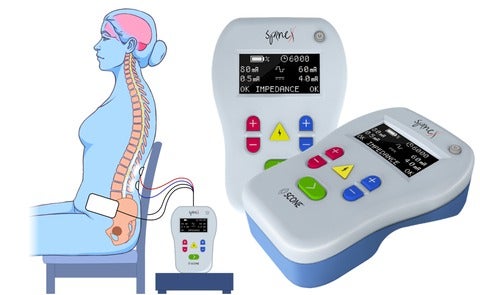
Bioelectric medtech company SpineX has recruited the first patient in a pivotal trial evaluating the effectiveness and safety of the SCONE Device.
The SCONE trial is intended to study the SCONE device made for the treatment of neurogenic bladder.
According to the firm, the study is the first such large-scale pivotal trial testing a non-invasive spinal neuromodulation technology for the treatment of neurogenic bladder.
The patient was enrolled at Rancho Research Institute, the research arm of the Rancho Los Amigos National Neurorehabilitation Center, Downey, California.
The effects of a neurogenic bladder go beyond the inability to void when necessary or the requirement for daily repeating catheterisations for the rest of one’s life to empty the bladder.
SpineX chief executive officer Dr Parag Gad said: “The initiation of the SCONE trial is an important milestone in bringing the world’s first non-invasive treatment modality for the neurogenic bladder to market.
“We are committed to transforming bladder management into a catheter-free and leak-free world.”
The symptoms of neurogenic bladder include a lost sense of fullness in the bladder, a small bladder volume, frequent urination cycles during the day and night, and a persistent dread of uncontrolled urine leakage.
The firm said that each of these symptoms is intended to be treated by SCONE therapy, which is said to have a positive effect on the quality of life.
SpineX co-founder Dr Evgeniy Kreydin said: “For a person in a wheelchair, the inability to walk is the most obvious functional loss, but the impact on quality of life due to the neurogenic bladder is unparalleled.”
SpineX’s product portfolio also includes SCiP, FDA-designated Breakthrough Devices for the treatment of children with Cerebral Palsy.
In March this year, the company announced that its SCONE therapy has delivered positive results in treating urge urinary incontinence in a first in-human study.






